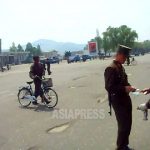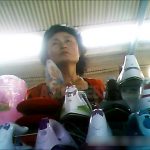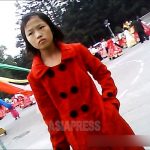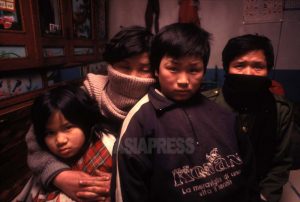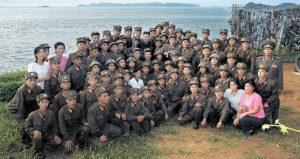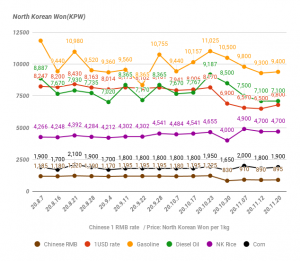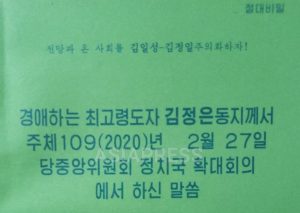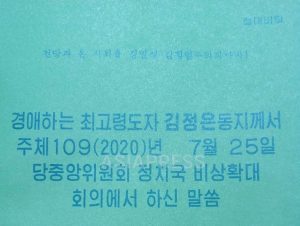◆Is the strong enforcement a "side-effect" of recent inter-Korean dialogue?
What is the reason behind the harsh punishments?
After last year’s inter-Korean summit in April, the general population in North Korea gained expectations that economic support and investment from South Korea would soon be on its way. At the same time, increased exposure to South Korea made quite an impression on the North Korean people, with the population increasingly expressing their admiration for the freedom enjoyed in South Korean society. The North Korean authorities, however, were prepared for this shift in public opinion and responded by ramping up the national campaign against anti-socialism.
The regime does not only fear the influence of illegal media, however, as its crackdown extends also to clothing and hairstyles that are deemed to be capitalist in nature. In addition, the campaign also targets privately operated restaurants and street stalls. Finally, the ‘public denouncement rallies’ serve as a chilling reminder to the people that those who break from the state’s socialist traditions will be severely punished.
It is to take a precaution against the side effect of the public opinion favoring South Korea and capitalism with increased contacts with the South.
(Kang Ji-won)
※Article 256 of North Korea's revised criminal law 2015 stipulates that those who receive bribes and commit "superstitious acts" will be sentenced to up to a year of forced labor, or more than 3 years up to 7 years in extreme cases. As reports indicate that recently-tried criminals have been sentenced to 12 years in prison, it is possible either that the law has been amended or that the sentences were given for a combination of crimes.
※ASIAPRESS contacts reporters in North Korea through smuggled Chinese mobile phones.
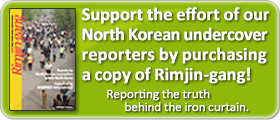 Editor’s notes on North Korean reporters
Editor’s notes on North Korean reporters
ALL REPORTS >>>
ARCHIVE(pdf) >>
DPRK MAP >>
![[Video Report] Wholesale Black Market Prospering with Prohibited Goods](https://www.asiapress.org/rimjin-gang/wp-content/uploads/2018/07/rim06_market03_18-150x150.jpg)

